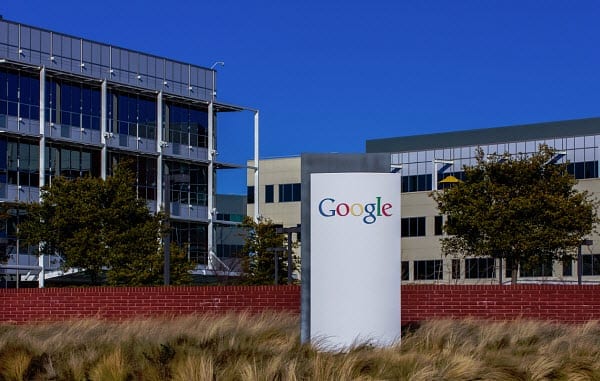Automated vehicles could be a significant risk for insurers, but not in the traditional sense
Automated driving could place the auto insurance industry at risk, at least to some degree. Self-driving cars are already a reality, but such vehicles are currently only available for testing purposes. These vehicles are praised as being safer than their conventional counterparts, largely because they are not operated by humans. Human error is the leading cause of most car accidents, and removing people from the driving equation could have a major impact on the auto insurance sector.
Human error will be taken out of the driving equation
Whether or not self-driving cars will lead to the end of the auto insurance industry is an issue of debate. While automated vehicles may significantly reduce the prevalence of accidents on the roads, they will still need to be insured to protect from other risks. While human error may not be a factor in automated vehicle accidents, technical failures are, and these potential failures bring about their own risks that could be a financial pitfall for those with automated vehicles and those producing such vehicles.
Forecasts predicts changes in the auto insurance sector
 Recent forecasts from Google suggest that automated vehicles could prevent as much as 90% of all vehicular accidents, while also reducing the number of vehicles on the road because of “driverless pods,” which can carry multiple people. Other forecasts suggest that auto insurance premiums could be reduced by as much as 75% because of automated vehicles, but also because of a shift in liability away from drivers and onto manufacturers.
Recent forecasts from Google suggest that automated vehicles could prevent as much as 90% of all vehicular accidents, while also reducing the number of vehicles on the road because of “driverless pods,” which can carry multiple people. Other forecasts suggest that auto insurance premiums could be reduced by as much as 75% because of automated vehicles, but also because of a shift in liability away from drivers and onto manufacturers.
Changes to the insurance sector are on their way
Consulting firm McKinsey predicted that a major shift in the auto insurance industry will begin in 2023, when self-driving cars are expected to become more popular. This shift will involve insurers developing products that are focused on manufacturers rather than drivers themselves. Such policies would create coverage for technical errors that are present in self-driving cars, which may be a limited market for insurers and could lead to an overall reduction of the auto insurance industry.

